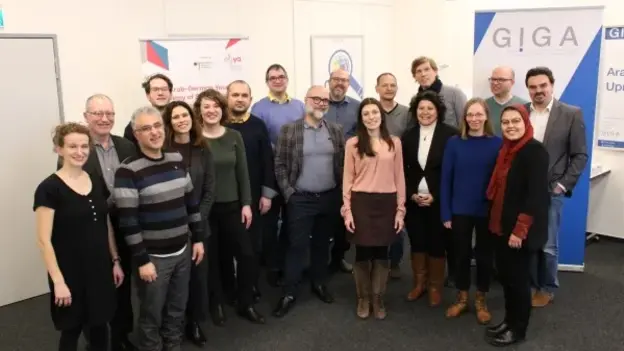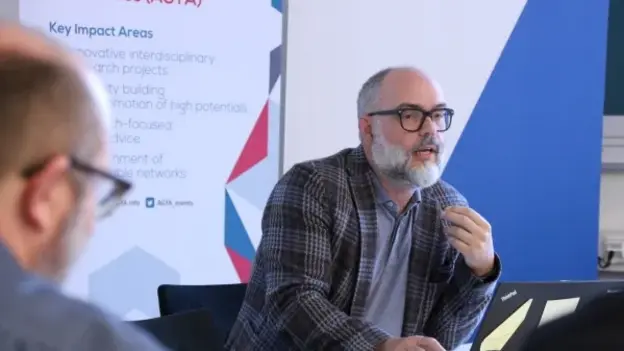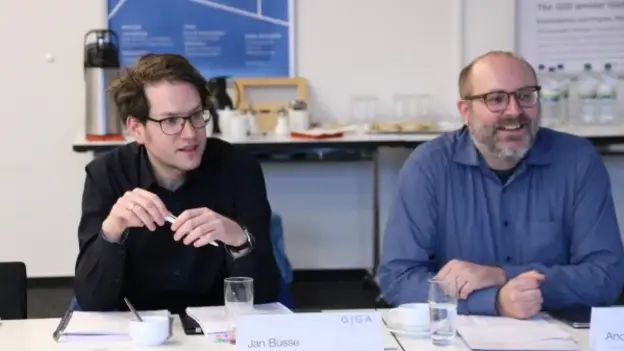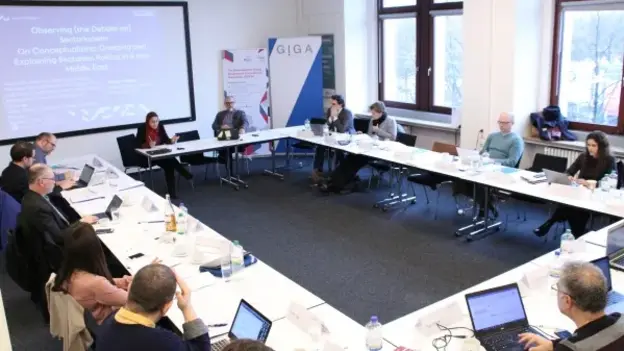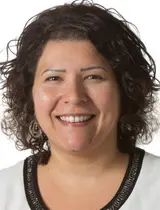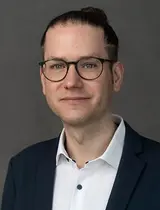Tandem Project
Social Science Research on Political Dynamics in MENA
Workshop
One decade after the first protests of the Arab Uprisings, academic assessments of the region’s political dynamics require a critical re-evaluation. In January 2020, a group of 21 Arab, European and US-American scholars came together to debate the state of international social science research on the Middle East and North Africa (MENA). Ranging from the analysis of social science knowledge production and the Area Studies Controversy to normative requirements of research under repressive conditions, the participants of the workshop at the GIGA Institute of Middle East Studies in Hamburg discussed multiple angles on current developments in this area of research.
The workshop aimed at refining manuscripts in preparation of a special issue to be submitted to the the renowned peer-reviewed journal Mediterranean Politics. Ahead of the authors’ workshop, the organizers identified three major challenges, which social science research on the social and political dynamics in the Middle East and North Africa (MENA) is currently facing:
First, the Arab Uprisings and their diverging political trajectories have challenged the fundamental assumptions of predominant theoretical approaches to Middle East politics and societies.
Second, these social and political developments emanating from the Arab Uprisings and their aftermath have had a considerable impact on doing research in the region south and east of the Mediterranean. Finally, how to make sense of the recent wave of protests that have shaken the region in 2019?
The aim of this AGYA workshop was to facilitate an in-depth exchange between international scholars featuring multiple angles of research on the above-mentioned challenges of social science research in the MENA region. With his presentation on social science knowledge production, Sari Hanafi (American University of Beirut) not only mapped the field of social science research on the Middle East and North Africa (MENA) but also undertook an emancipatory endeavor, calling to empower voices from within the MENA region. Complementing this notion, member of the Arab-German Young Academy of Sciences and Humanities (AGYA) and co-organizer of the workshop, Jan Völkel (University of Freiburg) presented his research on normative requirements of social science research under repressive conditions as met in many Arab countries. A disaggregated analysis of repression after the Arab Uprisings by Maria Josua (GIGA-IMES) and Mirjam Edel (University of Tübingen) provided the exchange with crucial insights on the current developments of repression in the MENA region. With a nuanced theoretically informed analysis of popular protests in the region a decade after the Uprisings by AGYA member Irene Weipert-Fenner (Peace Research Institute Frankfurt), the discussion further expanded on recent forms of popular protest in the region.
In addition to these presentations evolving around themes of Comparative Politics, two presentations by Andrea Teti (University of Aberdeen) and Stephan Stetter (Bundeswehr University Munich) revisited changes to the so-called Area Studies Controversy. While Teti stressed that, the Area Studies Controversy serves to maintain unequal power structures between specific variants of Social Sciences, which are predominant, and area studies, which tend to be colonized by these variants, Stephan Stetter, offered a novel way to overcome the perceived gap between Social Sciences and Area Studies by utilizing a concept of global entanglements. In reference to such novel approaches, May Darwich (University of Birmingham) offered an innovative account of the research on alliance building in the aftermath of the 2011 uprisings by pointing to the chances of theoretical innovation in response to the uprisings. Combining a meta-perspective with the topical theme of sectarianism in the region, Morten Valbjørn (Aarhus University) highlighted in his presentation how the question of sectarianism has been studied and how this is connected to the Area Studies Controversy.
The fruitful discussions of the workshop benefited greatly from the active involvement of the invited discussants Nadine Abdallah (American University of Cairo, AGYA Member), Dietrich Jung (University of Southern Denmark), Hanna Pfeifer (Helmut-Schmidt-University Hamburg), Nadine Sika (American University of Cairo), as well as from the continuous input of Marc Lynch (George Washington University).
As part of a Tandem Project by AGYA members Jan Busse (Bundeswehr University Munich) and Jan Völkel (University of Freiburg), the authors’ workshop was organized in cooperation with André Bank (GIGA-IMES) and took place at the GIGA Institute of Middle East Studies in Hamburg on 30 and 31 January 2020. The workshop addressed current practices of analyzing political dynamics of the MENA region ten years after the Arab Uprisings from multiple perspectives.
- Disciplines involved
- Middle Eastern Studies, Political Science
- Cooperation Partner
- GIGA Institute of Middle East Studies
- Venue
- GIGA Institute of Middle East Studies, Hamburg, Germany
- Project Title
- Facing the Facts on Tremulous Grounds – Analyzing Social Science Research on Political Dynamics in the Middle East and North Africa a Decade after the Arab Uprisings
- Year
- 2020
- Funding Scheme
- Tandem Project
- Countries Involved
- Egypt, Germany
- AGYA Publication
- The Globality of Governmentality: Governing an Entangled World
- Go local, go global: Studying popular protests in the MENA post-2011
